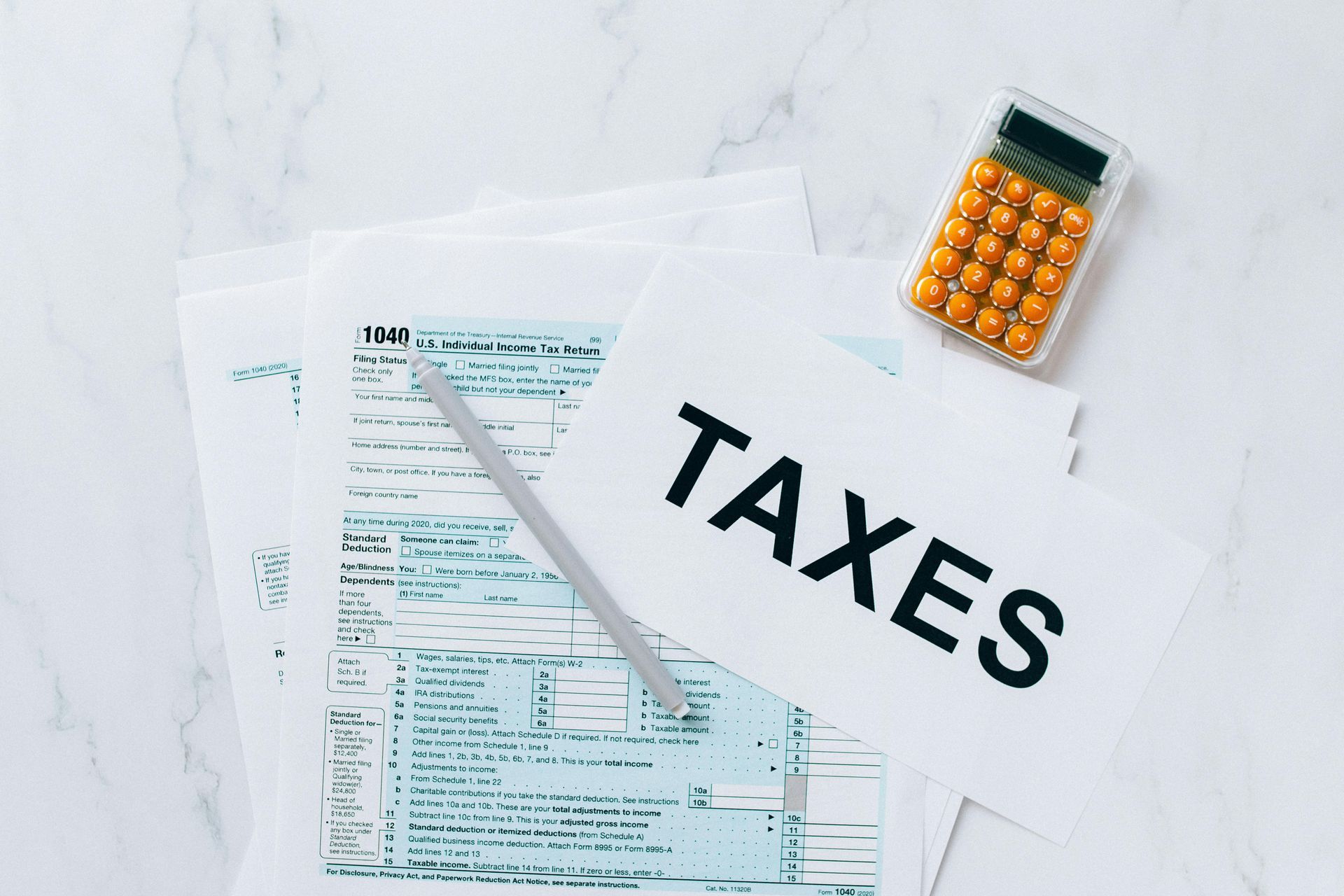ENDURING POWER OF ATTORNEY
ENDURING POWER OF ATTORNEY -FAQ
What is an EPOA?
An Enduring Power of Attorney (EPOA) (中文:持久授權書) is a statutory document under Cap. 501 / Cap. 501A that lets you (the donor) appoint one or more trusted attorney(s) to manage your property and financial affairs. Crucially, it endures—it remains effective after you lose mental capacity.
What it can cover (examples):
- Operating bank accounts; collecting salaries/rents/dividends; paying bills and taxes
- Selling/letting real property; handling deposits and completions
- Managing investments; dealing with brokers; encashing policies
- Signing routine paperwork with utilities, MPF/ORSO administrators, IRD, etc.
What it cannot cover: medical/personal welfare decisions (those are not within a Hong Kong EPOA).
When does it take effect?
- You can allow the EPOA to operate now (while you are capable) and continue after incapacity, or
- Stipulate that it only takes effect upon mental incapacity (doctor’s evidence then registration at the High Court before the attorney acts).
How many attorneys can I have?
- Single attorney (Form 1), or two or more (Form 2).
- If more than one, choose jointly (must act together) or jointly and severally (any one can act).
- You can name replacement attorneys if a primary attorney dies, resigns, or becomes incapable.
What does an attorney do (and owe)?
- Must act in your best interests, follow any limits you set, keep separate accounts, avoid conflicts, and keep records.
- Should consult you as far as practicable even after your capacity declines (e.g., simple choices you can still express).
Can I change or cancel it?
Yes—while you remain mentally capable you can:
- Revoke the EPOA in writing and notify the attorney(s)/institutions; and
- Make a new EPOA with updated choices.
It automatically ends on your death; your will then governs your estate.
Why make an EPOA? (Client-friendly benefits)
- Continuity: bills, mortgages, and care-home fees don’t stall if you become unable to manage them.
- Protection: you choose the decision-maker(s), reducing abuse risk vs. leaving it to urgent court/board applications.
- Efficiency: avoids the delay and cost of applying for a guardianship/committee just to access your money.
How do I get one done (the HK way)?
- Plan: choose attorney(s), scope, and any restrictions (e.g., “no sale of home without my sister’s written consent”).
- Use the prescribed form: Form 1 (single) or Form 2 (joint/alt). Do not alter statutory wording outside the blanks.
- Two professionals: sign before a Hong Kong solicitor (explains legal effect; confirms voluntariness) and a Hong Kong registered medical practitioner (confirms mental capacity at signing).
- Attorney acceptance: each attorney signs the acceptance block.
- Storage & copies: keep an original in safe custody; hold certified copies for banks.
- If incapacity later: attorney obtains medical proof and registers the EPOA at the High Court before using it.
Typical timeline: about
1 week (quicker if urgent and everyone is available).
Typical costs: professional fees for the doctor and the law firm; total varies with complexity (number of attorneys, conditions, bank letters, translations).
“Real-world” examples (composites for illustration)
Example 1 — Elderly landlord with mild dementia risk
Mrs. Chan (78) owns a rental flat and blue-chip shares. She appoints her daughter as
sole attorney with a limit: no sale of the residence without her son’s written consent. A year later, early dementia is diagnosed; rents, rates, and insurance continue to be handled smoothly, and dividends are reinvested per her prior instructions.
Example 2 — Frequent-traveller executive
Mr. Wong (55) travels 60% of the year. He sets an EPOA
effective immediately (jointly and severally) in favour of his spouse and brother, so either can sign for a time-sensitive flat completion or wire funds for a margin call while he’s abroad. If he later becomes incapacitated, the same EPOA continues after High Court registration.
Example 3 — Single homeowner with elderly parents
Ms. Lee (43) names her close friend as primary attorney and her cousin as
replacement. A car accident leads to a period of incapacity; after registration, the attorney pays the mortgage and authorises necessary repairs so the flat doesn’t go into arrears or disrepair.
Example 4 — Family business with payroll
Mr. and Mrs. Ho co-own a small F&B company. Each makes an EPOA naming the other
plus the company accountant as
additional attorney (jointly and severally) strictly for
business banking. When Mrs. Ho undergoes major surgery, Mr. Ho and the accountant keep payroll and supplier payments running.
Example 5 — Property sale with bank-specific asks
A bank refuses to accept a generic authority letter. Because Mr. Lau already had an EPOA (Form 2, jointly), his two attorneys were recognised after registration and could sign discharge instructions, collect the sale proceeds, and place funds into a time deposit per his wishes.
Common customisations we see
- “Now, and continues after incapacity” vs. “only on incapacity”.
- Spend caps (e.g., transactions above HKD X require two attorneys to sign).
- Asset-class limits (e.g., no sale of Family Home; investments only in Grade-A names).
- Reporting (e.g., quarterly statement to a named relative or to your solicitor).
- Bilingual execution (English + 繁中) to match bank practice.
Popularity trend in Hong Kong
Government figures indicate that thousands of EPOAs were registered in recent years (2018–2022: approx. 4,012 registrations) with an upward trend, reflecting greater awareness and ageing-population planning.













